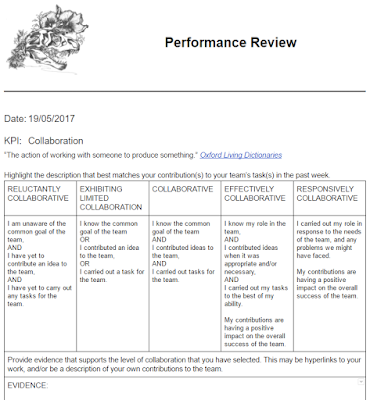Term One: Identity
In Term One, we looked at Identity. I have already shared a little bit from that. We had Health working with us. Mathematics, Science, Social Sciences and English are ever-present. Our big idea was Identity. What a great context to explore: personal identity, personal journeys, nature vs. nurture (vs. nous), and our country's identity. We finished with "Kiwiana Games", and unpacked the results with some pretty clever Statistics. Throughout the term, Hauora, working in teams, and Kiwi identity really stood out. But we also spent time exploring genetics, statistics, graphing, geology, push-pull factors, Māori mythology, and formal writing, to name a few.In saying all of that, we also felt like we struggled a little bit with keeping the some tasks authentic and engaging. However, when it came to our celebration (Kiwiana Games), the positives quashed most of our anxieties and where we felt we may have fallen short. Did we cover every Learning Area in real depth? No. We made the decision to primarily focus on only a couple of Learning Areas per term, with the others supporting the contexts and learning. There is one big element from English being focused on per term, as well. This means we have a film study and a lot more Science and Mathematics to do in Term Two!
Term Two: Movement and MOTE
Term Two. Connected Learning Theme: Movement. Science, Mathematics, Social Sciences, English and Drama. Initial thoughts: Biomechanics, Dance, Social Movements, Political Movements...In the end, we decided to break Movement down into three main themes:
- Geological Movement
- Polynesian Migration
- Political and Social Movement
The way Drama fits in is that we are teaching the entire term using a method called Mantle of the Expert (MOTE). The class is a "company". The learners are "experts" employed by the company. The company is given commissions by (fake) businesses to complete by a deadline. The staff attend Professional Development (actual teaching of skills and content). The staff have to fill in fortnightly self Performance Reviews, each focusing on a different KPI.
Building Belief
In order to lead the learning in this way, we had to start the term building belief in the company and what it stands for. This has taken a lot of time with 58 learners, but we are now seeing the value in this step. Learners were genuinely invested in our latest commission, to the point where there were constructive (and not so constructive) disagreements, and frustrations...but also a very pleasing level of work and team work. It was probably really helped by the fact that they needed to present their Geology Roadshow to Y6-8 Learners from a nearby school!
 |
| Beauty and the Fossil - the name and logo were devised by the class...and this was drawn by one of them!! |
The Hook
To kick the term off, we wanted a hook. This would give the learners a few clues as to what their company was all about. An audio message from the company's CEO was played, followed up by a memo. Discretely hidden in the messages were some key qualities of the company. Also hidden in the messages were some clues as to what this company did.
That troublesome intern (I think it was Intern Matt...) made a mess of the exhibits the staff had worked so well on. The courier would be here to collect the work to take them to the clients at 3pm...
What the learners did with this was very pleasing. Not one finished product was the same, yet they would all be valid exhibits to communicate an aspect of Earth Science.
After the hook, we worked on Building Belief alongside a "mini commission". The clients (museums) were so impressed with our work, that they wanted the company to create lesson plans to go with the resources. These were at different age-levels. The output from the staff was a mixed bag, but it was interesting to see who had "bought into" the company and its values, and who was struggling with learning this way.
After the hook, we worked on Building Belief alongside a "mini commission". The clients (museums) were so impressed with our work, that they wanted the company to create lesson plans to go with the resources. These were at different age-levels. The output from the staff was a mixed bag, but it was interesting to see who had "bought into" the company and its values, and who was struggling with learning this way.
Staff Professional Development
It also led to our first PD Day. I led some learning around Plate Tectonics etc. Interestingly enough, most learners found out from the PD Day that they already knew most of this stuff, anyway! They really were "experts"...Other Learning Opportunities
Staying true to MOTE has been tricky, but I personally feel like I am slowly getting better at it. Learning in this way has seen us offer some really enjoyable and engaging learning:
- EOTC Visit to Canterbury Museum
- Archaeological "Dig"
- Museum Audit (yes, we did an audit on some of their exhibits!)
- Geology Roadshow
- Authentic Audience
- Feedback Analysis
- Company History
- Video "Archives" of key moments in our company's history
- Advertisements/Infomercials
And coming up, we have a team-building day, constructing and racing boats. Personally, I am really looking forward to the Physics and Algebra (in context) that we will explore in this, as well as seeing the creativity the learners show in constructing their boats.
In case any of our learners are reading this, I am not going to disclose any more spoilers. Please believe me when I say that we have some amazing commissions coming, and the final commission (celebration) could be epic.
I have failed at being concise, but I do think I have unpacked why I am very proud of what we are achieving in Connected. I hope the community see the value in what their children are doing and learning, as well.

